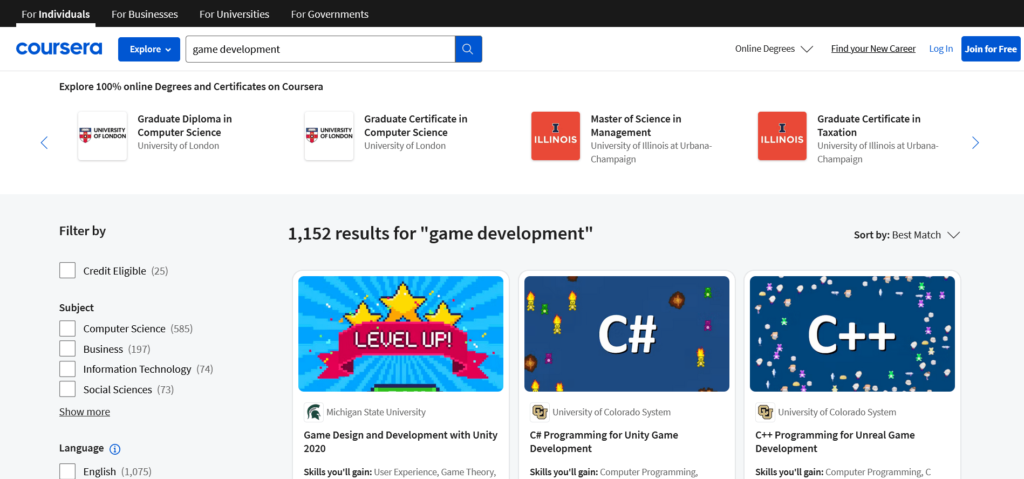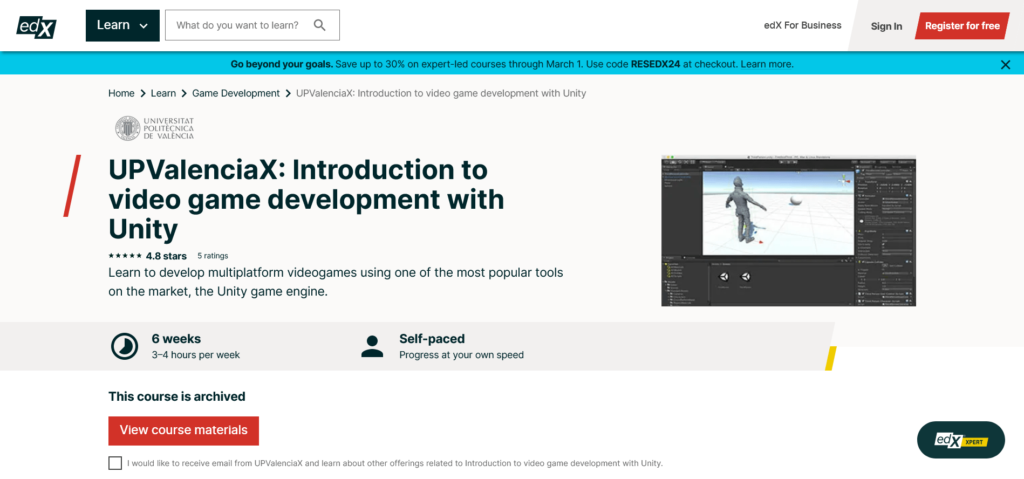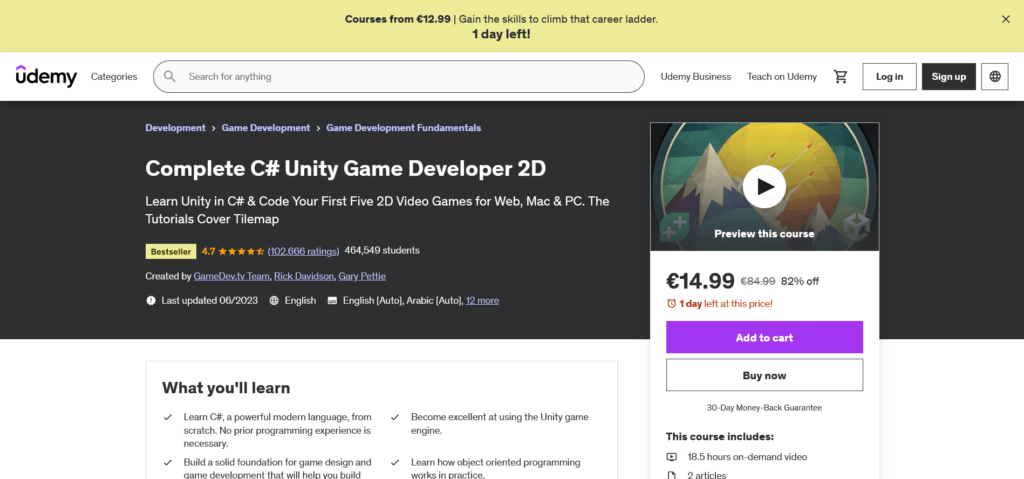Introduction
In the dynamic landscape of the digital age, Intellectual Property (IP) stands as the cornerstone of innovation and creativity, nowhere more prominently showcased than in the flourishing realm of the Video Game Industry. Delving into the intricate web of copyrights, trademarks, and patents, understanding intellectual property in the video game industry is paramount for developers, publishers, and enthusiasts alike. This article aims to unravel the complexities surrounding IP protection within this vibrant sector, exploring its pivotal role in safeguarding innovations, fostering healthy competition, and shaping the future landscape of interactive entertainment. Join us as we navigate the evolving terrain where creativity meets legality, uncovering the indispensable significance of Intellectual Property in the Video Game Industry.
Understanding Intellectual Property in Video Games
Intellectual property in the video game industry encompasses a wide range of assets, including characters, storylines, music, game mechanics, software code, and visual designs. These elements are protected by various forms of IP rights, such as copyrights, trademarks, patents, and trade secrets.
a) Copyrights
Copyrights are fundamental to protecting the expressive and creative aspects of video games, such as graphics, music, dialogue, and storyline. Game developers automatically acquire copyright protection for their original works upon creation, providing them with exclusive rights to reproduce, distribute, and adapt their games. Registering copyrights with relevant authorities strengthens legal protection and enables developers to enforce their rights more effectively in cases of infringement.
b) Trademarks
Trademarks play a vital role in safeguarding the distinctive brands associated with video games, including game titles, logos, and characters. Establishing strong trademarks helps developers build brand recognition, prevent consumer confusion, and differentiate their games from competitors. Conducting thorough trademark searches before selecting and registering trademarks is essential to avoid potential conflicts and legal challenges.
c) Patents
While less common in the video game industry compared to other sectors, patents can protect innovative game mechanics, technologies, and processes that offer unique gameplay experiences. Securing patents for groundbreaking inventions can provide developers with exclusive rights to exploit their innovations commercially and deter competitors from copying their ideas. However, obtaining patents in the gaming space requires careful consideration of patentability criteria and strategic planning to navigate the complexities of the patent system.
d) Trade Secrets
Trade secrets, such as proprietary algorithms, level designs, and gameplay mechanics, constitute valuable assets for game developers seeking to maintain a competitive edge. Unlike patents, trade secrets do not require public disclosure and can be protected indefinitely as long as they remain confidential. Implementing robust security measures, such as non-disclosure agreements and access controls, is essential to safeguarding trade secrets from misappropriation and unauthorized disclosure.
Challenges and Opportunities
While intellectual property provides numerous benefits to video game developers, navigating the landscape of IP rights poses several challenges and opportunities.
a) Enforcement
Enforcing intellectual property rights in the digital age presents challenges due to the global nature of online distribution and the proliferation of piracy and counterfeiting. Developers must adopt proactive strategies, such as digital rights management (DRM) technologies, takedown notices, and legal action against infringers, to protect their IP assets and preserve their market value.
b) Collaboration and Licensing
Collaboration and licensing agreements offer developers opportunities to monetize their intellectual property, expand their reach, and leverage the expertise of partners in areas such as merchandising, film and television adaptations, and cross-platform integration. Negotiating favorable terms and ensuring adequate protection of IP rights in licensing agreements are critical for maximizing the value of partnerships while mitigating risks.
c) Emerging Technologies
Advancements in technology, such as virtual reality (VR), augmented reality (AR), and blockchain, present new frontiers for innovation and creativity in the video game industry. Developers must stay abreast of emerging technologies and their implications for IP protection, adaptation, and monetization to capitalize on new opportunities and maintain a competitive advantage in a rapidly evolving landscape.
Strategies for Success
To thrive in the competitive video game industry, developers can adopt the following strategies for effectively managing and leveraging intellectual property:
1. Develop a Comprehensive IP Strategy
Establishing a clear and comprehensive IP strategy aligned with business objectives is essential for maximizing the value of intellectual property assets and minimizing risks. This strategy should encompass copyright, trademark, patent, and trade secret protection, as well as enforcement and licensing considerations tailored to the unique needs and goals of the game studio.
2. Protect Key Assets Early
Identifying and prioritizing key intellectual property assets, such as iconic characters, innovative game mechanics, and compelling storylines, and securing appropriate protection for them early in the development process is critical for preserving their value and competitive advantage. Engaging legal counsel with expertise in intellectual property law can help developers navigate the complexities of IP protection and ensure comprehensive coverage of their assets.
3. Monitor and Enforce IP Rights
Regular monitoring of the marketplace for potential infringements, unauthorized use of intellectual property, and brand misuse enables developers to detect and address issues promptly, thereby safeguarding their rights and reputation. Implementing effective enforcement measures, such as cease-and-desist letters, litigation, and collaboration with law enforcement agencies, sends a strong message to infringers and reinforces the studio’s commitment to protecting its IP assets.
4. Leverage IP for Strategic Growth
Strategic utilization of intellectual property as a valuable business asset can unlock new revenue streams, partnerships, and opportunities for expansion. Whether through licensing agreements, merchandising initiatives, or collaborations with other entertainment industries, developers can capitalize on the popularity and appeal of their IP assets to extend their brand presence, reach new audiences, and drive long-term growth.
Top Online Education Platforms to Learn About Intellectual Property in the Video Game Industry

In today’s digital age, the value of intellectual property (IP) has never been higher. Whether you’re an aspiring entrepreneur, a creative professional, or a seasoned industry expert, understanding the intricacies of IP law is essential for safeguarding your innovations. Thankfully, online education platforms offer a wealth of resources to help you navigate the complex world of intellectual property. In this article, we’ll explore the top online platforms where you can access high-quality courses and deepen your understanding of IP law.
Coursera

Coursera is a leading platform offering a wide range of courses on intellectual property law. From introductory courses to specialized programs, Coursera partners with top universities and institutions to provide comprehensive learning experiences. Courses cover topics such as copyright law, trademark law, patent law, and IP management strategies.
edX

edX is another reputable platform that hosts courses from renowned universities and organizations worldwide. Their selection of IP-related courses covers various aspects of intellectual property law, including legal frameworks, case studies, and practical applications. Learners can enroll in self-paced courses or join instructor-led programs to gain valuable insights into IP protection.
Udemy

Udemy offers a diverse range of online courses, including many focused on intellectual property. With Udemy, learners can explore topics such as IP fundamentals, patent drafting, trademark registration, and IP strategy development. Courses are designed by industry experts and provide practical knowledge applicable to real-world scenarios.
LinkedIn Learning

LinkedIn Learning, formerly known as Lynda.com, is a trusted platform for professional development courses. Their library includes a variety of IP-related courses suitable for individuals at all skill levels. From introductory overviews to advanced topics like IP litigation and licensing, LinkedIn Learning offers a comprehensive learning experience tailored to the needs of professionals.
Top 10 Questions and Answers About Intellectual Property in the Video Game Industry
In the fast-paced and competitive landscape of the video game industry, understanding intellectual property rights is essential for developers, publishers, and creators to protect their creations, mitigate risks, and maximize opportunities. By addressing the top 10 frequently asked questions about intellectual property in video games, this guide aims to provide clarity and guidance for navigating this complex terrain. As the industry continues to evolve, staying informed and proactive in managing intellectual property will remain crucial for success.
1. What is Intellectual Property in the Video Game Industry?
Intellectual property in the video game industry refers to the legal rights that protect creations of the mind, such as game concepts, characters, storylines, music, and code. These rights enable creators to control and monetize their works, fostering innovation and preventing unauthorized use by others.
2. What Types of Intellectual Property Protection Apply to Video Games?
Video games are typically protected by several forms of intellectual property, including copyright, trademarks, and sometimes patents. Copyright safeguards the expression of ideas within a game, such as its code, graphics, and storyline. Trademarks protect elements like game titles, logos, and character names, while patents may apply to innovative gameplay mechanics or technical processes.
3. Can I Use Real-Life Brands and References in My Video Game?
While using real-life brands and references in video games can enhance realism and immersion, it often requires permission to avoid infringing on trademarks or copyrights. Without proper authorization, using brands, logos, or likenesses may lead to legal disputes, especially if it creates confusion or implies endorsement.
4. How Do I Protect My Video Game Idea from Being Stolen?
Protecting a video game idea can be challenging since ideas alone are generally not protected by intellectual property law. However, developers can safeguard their creations by documenting their ideas, using non-disclosure agreements (NDAs) when sharing information, and focusing on developing a unique and marketable product that incorporates various creative elements.
5. Are Let’s Plays and Streaming Considered Fair Use?
Let’s Plays and streaming involve broadcasting gameplay footage along with commentary or reactions, often on platforms like YouTube or Twitch. Whether this constitutes fair use depends on factors such as the purpose, nature, amount, and effect on the market of the original game. While some developers embrace this as free promotion, others may issue copyright claims or seek revenue sharing agreements.
6. How Do I License Music for My Video Game?
Licensing music for a video game involves obtaining permission from the copyright holders, typically the songwriters, composers, and recording artists, as well as any relevant music publishers or record labels. Licensing agreements specify how the music can be used, distributed, and monetized within the game, often requiring payment of royalties based on factors like sales or usage.
7. Can I Copyright or Patent Gameplay Mechanics?
Copyright generally protects the expression of ideas rather than the underlying concepts themselves. While specific gameplay mechanics may be eligible for copyright if they are sufficiently original and fixed in a tangible form, patents offer stronger protection for innovative and non-obvious game mechanics or technical processes. However, obtaining a patent can be costly and time-consuming.
8. What Should I Include in a Game Development Contract?
A comprehensive game development contract should outline the rights, obligations, and responsibilities of all parties involved, including developers, publishers, licensors, and collaborators. Key provisions may cover intellectual property ownership, revenue sharing, milestones, delivery schedules, confidentiality, indemnification, and dispute resolution mechanisms.
9. How Can I Protect My Game from Software Piracy?
Protecting games from software piracy requires a multi-faceted approach, including technical measures like digital rights management (DRM), legal enforcement of copyrights and licenses, and efforts to educate consumers about the importance of purchasing legitimate copies. While no method is foolproof, implementing a combination of strategies can help deter piracy and protect revenue.
10. What Should I Do If Someone Infringes My Video Game’s Intellectual Property?
If someone infringes your video game’s intellectual property rights, you may take various actions to enforce your rights and seek remedies, including sending cease and desist letters, filing DMCA takedown notices, initiating legal proceedings for copyright, trademark, or patent infringement, and pursuing damages or injunctions to stop further infringement.
Conclusion
In the dynamic and rapidly evolving video game industry, protecting intellectual property is a multifaceted endeavor that requires a combination of legal, technological, and strategic measures. Developers must be proactive in establishing a comprehensive IP protection strategy to secure their creative investments, foster innovation, and ensure the continued growth of the industry. By staying informed about evolving legal frameworks and leveraging cutting-edge technologies, developers can navigate the complex landscape of intellectual property protection in the video game industry successfully.














